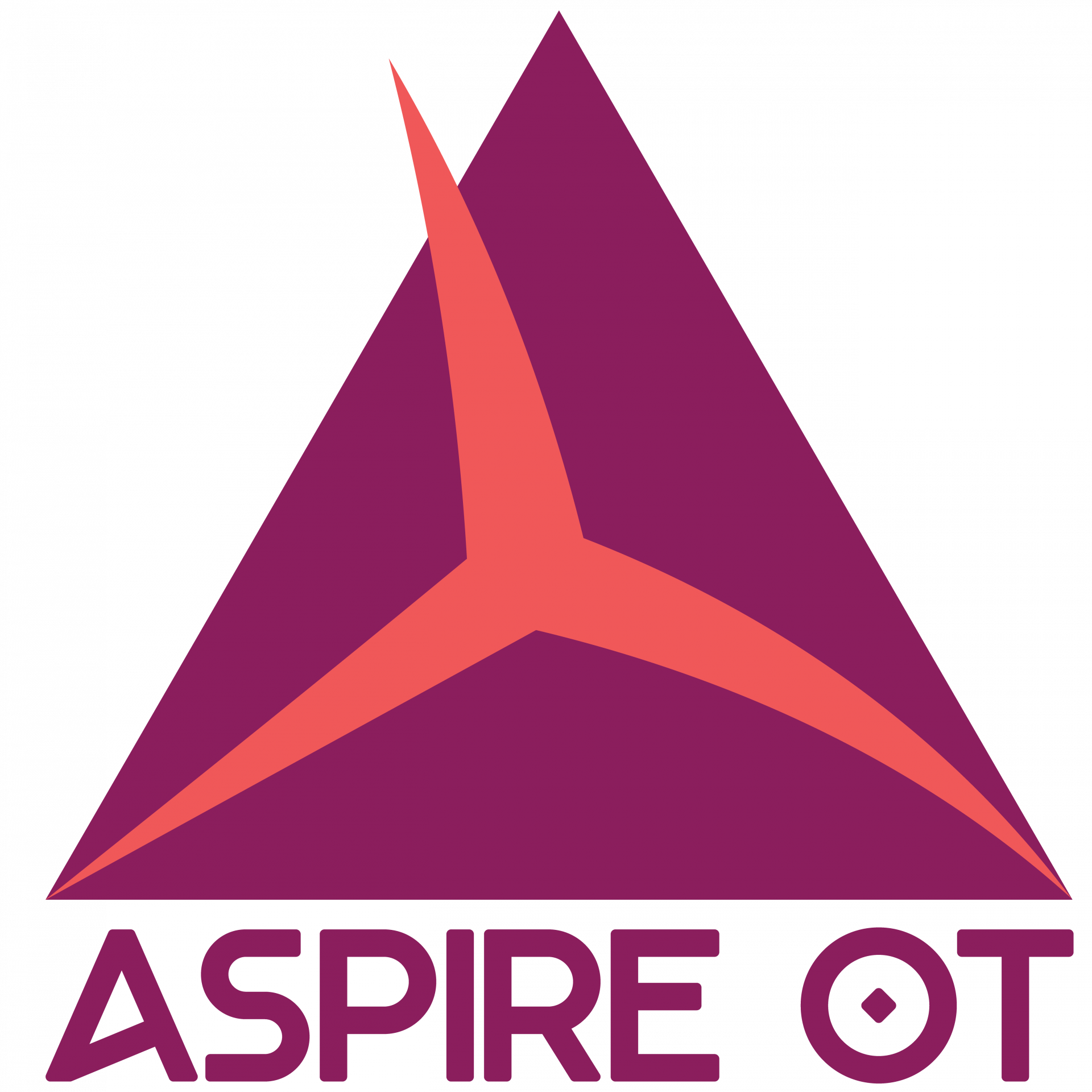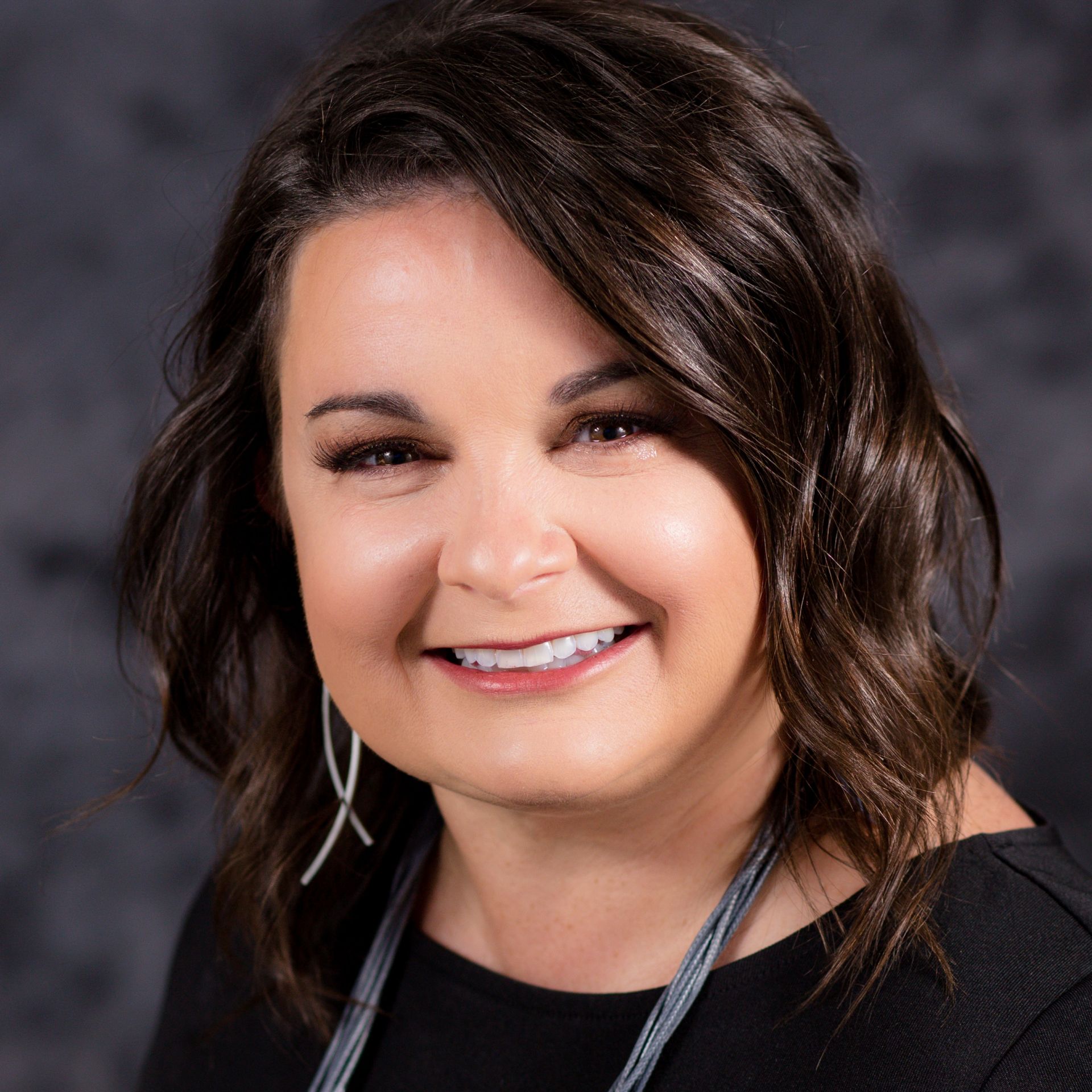TNOTA 2020 Conference keynote address
Moving Occupational Therapy Forward with 2020 Vision! If You're Not at the Table, You're on the Menu
This course is free for TNOTA members.
Moving Occupational Therapy Forward with 2020 Vision! If You're Not at the Table, You're on the Menu
Self Paced Online Course
$20 | 1 Contact Hour
To continue with forward momentum to strengthen the profession of occupational therapy, to ensure that occupational therapy is recognized and included in policy, and to ensure access to occupational therapy services to consumers, there must be advocacy. What does “Advocacy” look like? Advocacy is achieved through a multifaceted approach. Occupational therapy practitioners and consumers who participate in legislative action, vote, and communicate with senators and representatives are an important “grassroots” effort to advocate for occupational therapy. The American Occupational Therapy Political Action Committee (AOTPAC) is the political action arm of the American Occupational Therapy Association (AOTA) and is the only legal means for an organization like AOTA to raise and disburse funds to candidates for public office. Fundraising through contributions from members is essential to support lobbying efforts. Advocacy includes researching and analyzing legislative and regulatory proposals, providing testimony and working with coalitions or other PACs to have a voice to impact legislation. The AOTPAC Board of Directors vote to determine which candidates meet the criteria to receive AOTPAC funding and this criteria includes: recommendations from AOTA members and state associations; is the candidate a supporter of the field of occupational therapy; has the candidate put forth or supported legislation that supports the profession; does the candidate hold a key position of responsibility such as chair of a committee, and does the profession have a relationship with this candidate. To say it simply, funds are dispersed to politicians who meet these criteria, who support the profession of occupational therapy, and who have influence on policy initiatives to ensure inclusion, recognition, and access of occupational therapy. In an ever-changing political climate where health care is a hot topic, occupational therapy must have a strong presence and voice to influence the over 500 US Representatives, Senators, and countless number of committees. If this voice is not present, then inclusion and funding for occupational therapy is in jeopardy. This occupational therapy professional development course will also include current information regarding fundraising efforts and policy that is being discussed.
Presented by: Dawn Sonnier, OTR/L
Presented by: Dawn Sonnier, OTR/L


